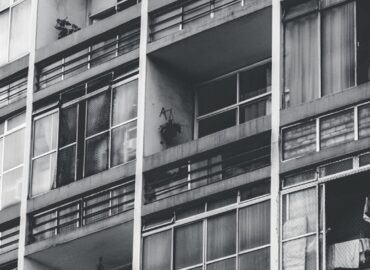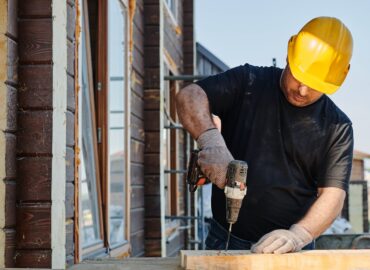It’s an exciting time to be part of the clean energy workforce! Recent state and federal legislation has brought unprecedented investments in clean energy to Illinois. These investments will lead to thousands of new clean energy jobs in the next few decades.
Clean Energy Job Estimates
A recent study by the BW research team estimates that 15,000 new clean energy jobs will be created in Illinois from 2021 to 2030, through investments from the Climate and Equitable Jobs Act (CEJA) and the Inflation Reduction Act. They estimate:
- 8,900 new jobs in the Electricity sector (solar, wind, hydrogen, storage, etc.)
- 5,000 new jobs in the Transportation sector (charging stations, vehicle manufacturing, vehicle maintenance)
- 2,800 new jobs in the Buildings sector (energy efficiency–commercial and residential)
If Illinois decides to act even more aggressively to reach its goal of economy-wide net zero greenhouse gas emissions by 2050, an estimated 41,000 new jobs will be generated, according to the BW research team.
SEDAC’s Role in Growing the Clean Energy Workforce
SEDAC is at the very center of Illinois’ clean energy workforce transformation. As one of DCEO’s CEJA implementation partners, SEDAC researched Illinois in-demand clean energy jobs; the knowledge, skills, and training needed for these jobs; and the need for more training programs to meet this demand.
The Illinois Clean Energy Jobs and Training Program Inventory Report, developed by the DCEO CEJA implementation team, is intended to inform the launch of several CEJA workforce programs to train people for clean energy jobs. The report includes:
- A list of in-demand clean energy jobs in Illinois, based on data from the Department of Labor and the Illinois Department of Employment Security. In-demand jobs included those in renewable technologies (solar and wind), automotive electric vehicle technologies, electrical, green building construction and maintenance, and the manufacturing of clean energy technologies.
- Training, skill, and knowledge requirements for in-demand clean energy jobs. The report outlines top employability skills, technical skills, and knowledge requirements, as well as technical skill gaps in clean energy training.
- Workforce system challenges, including 1) a lack of communication and coordination; 2: a lack of awareness and/or negative perceptions of clean energy jobs; 3) workforce trainees with inadequate skills for emerging clean energy jobs; and 4) failure to reach and support diverse, underserved populations.
- A clean energy training program inventory that identifies 1,157 training programs for clean energy-related jobs in Illinois.
- A description of which jobs CEJA training programs should prioritize and what skills should be taught.
- Training program delivery recommendations, including increased collaboration among training providers, employers and other stakeholders.
Now, the DCEO CEJA implementation team is helping to launch the CEJA workforce programs. We encourage training providers and organizations to apply for funding to deliver these programs! A Notice of Funding Opportunity (NOFO) was released on April 21, 2023 for the Climate Works Pre-apprenticeship Program, and NOFOs for the other CEJA workforce programs will be released later this spring. Learn more about DCEO’s implementation of the Climate and Equitable Jobs Act Workforce Programs here.
We hope you’ll join us in growing the Illinois clean energy workforce!




